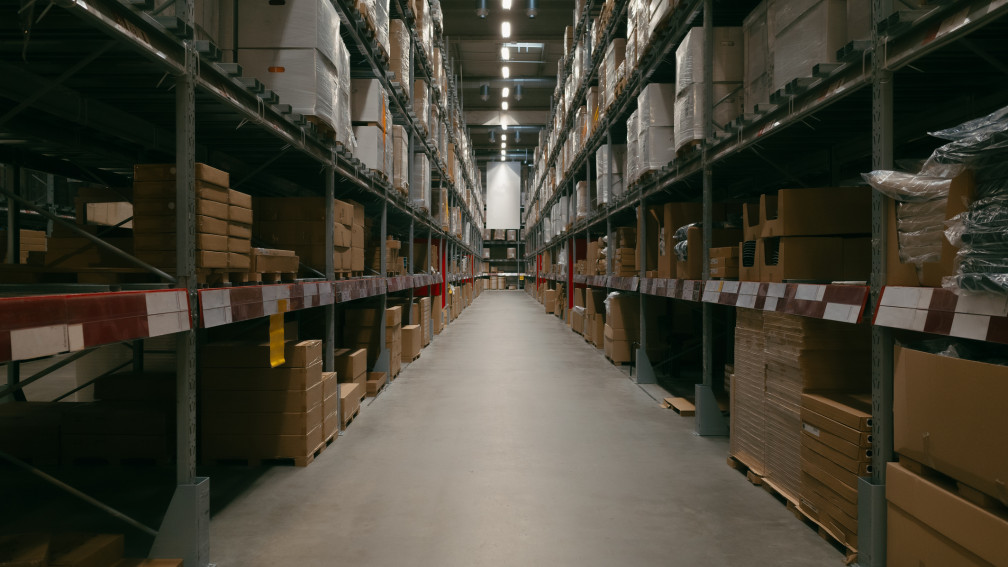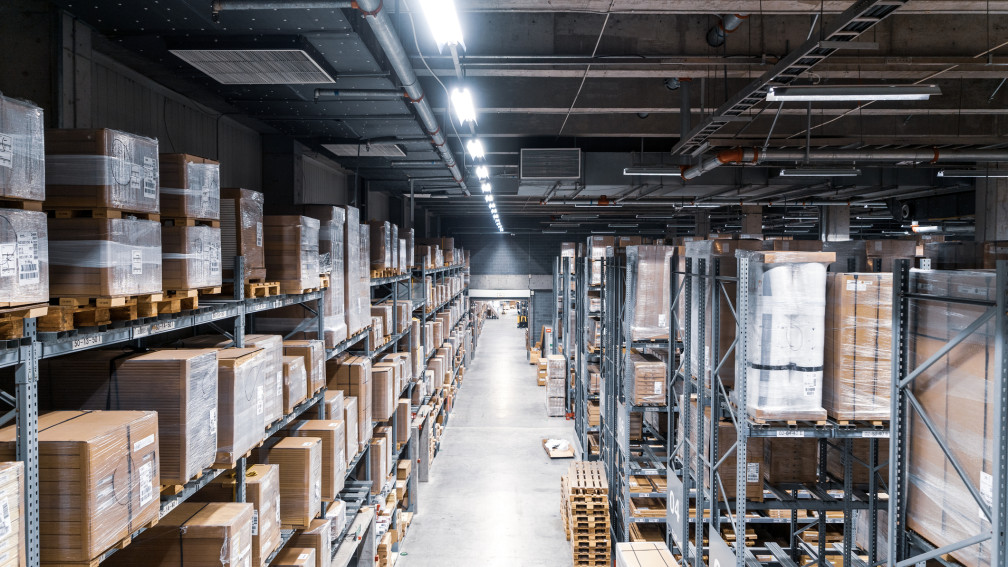
Coronavirus: its impact on Swiss companies
The Coronavirus COVID-19 is spreading in Switzerland, reaching 100 infections on March 5th, 2020. In order to understand how COVID-19 is affecting the Swiss economy, economiesuisse has asked its members how they are living the situation.
economiesuisse’s poll showed that Swiss companies are taking the situation seriously, however without ceding to unjustified panic. Many of them introduced preventive measures to shield the employees and try to maintain production at the usual level, often by limiting unnecessary travels. Employees coming back from Coronavirus hotspots are put in quarantine fully paid. Home-office is frequent and sensibilisation on hygienic measures is fostered.
Interrupted supply chains
One of the biggest concerns of Swiss companies is that international supply chains might be interrupted. Most companies are not yet facing the problem, especially because of substantial inventories. Some other preventively increased them. Because of that, Swiss companies’ production hasn’t experienced any considerable decrease yet. This is because the virus’ outbreak in China coincided with the Chinese New Year in January, when Chinese production is traditionally low.
However, the longer the crisis will last, the more problems companies will face. Swiss companies expect increasing delivery delays caused by closure of factories, longer transportation periods and depleted stocks. Some enterprises are already experiencing shortages of specific components, like rare-earths, raw materials to produce synthetic materials and components for the electronics sector. Some companies expect the situation to improve around April, others during summer.
Diminution of sales
Swiss companies are also affected by the decrease in sales in China. Personal contact with clients has become difficult, due to travel restrictions inside the country and cross border. New machines cannot be installed in China, because technical personnel cannot enter the country. Products have a hard time being registered, because responsible Chinese authorities do not work as usual.
The fall in demand directly strikes the orders of investment goods. The luxury industry (watches, tobacco, …) is witnessing the diminution of Chinese demand, both from inside China and Chinese tourists in Switzerland. Of course, the most affected sector is tourism: the number of visitors has considerably diminished, and this trend will continue.
It is yet impossible to evaluate the financial consequences for Swiss companies, also because there is still uncertainty when it comes to insurances’ compensation of damages.
Temporary slow-down of the world’s economy
The decrease in production and demand will negatively impact the annual results of exporting companies. The longer uncertainty persists, the heavier will be the economic consequences.
It is likely that COVID-19 will have a greater impact on the world’s economy than it was the case in 2003, with the SARS epidemic. The latter especially affected China however, the context has fundamentally changed since. Today, China represents 20% of the world’s GDP and its economy is way more globally integrated than it was the case in 2003. Nowadays, when Chinese economy is in trouble, the world feels it. The positive side is that the fall of sales will be just temporary.











